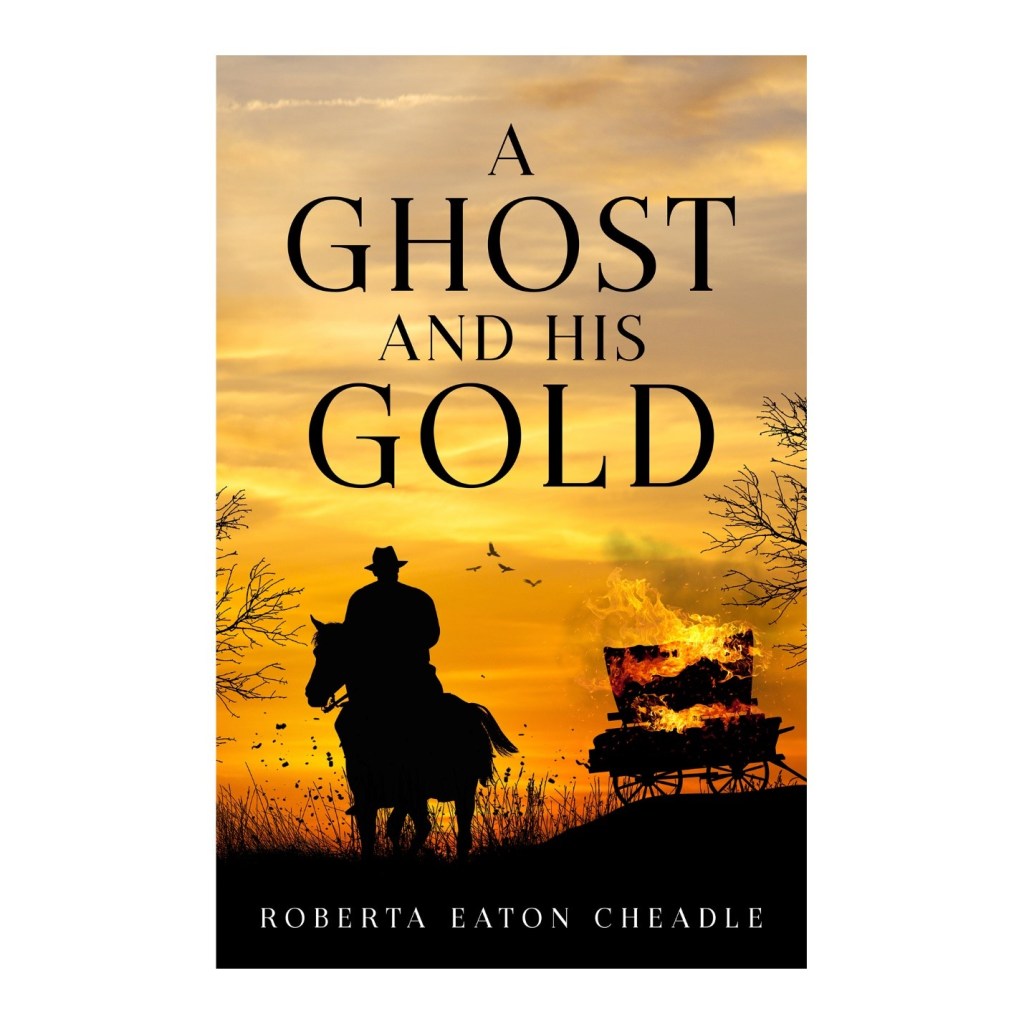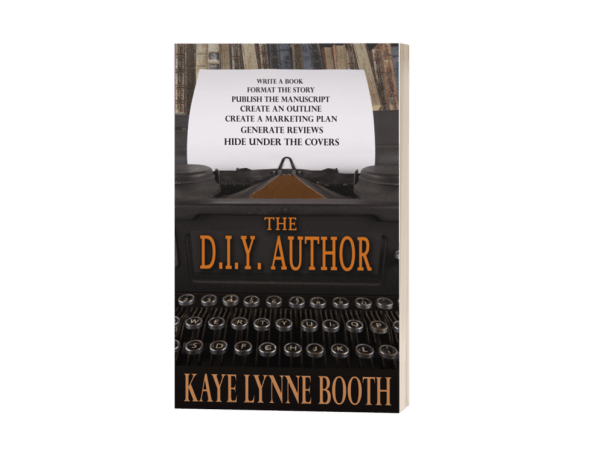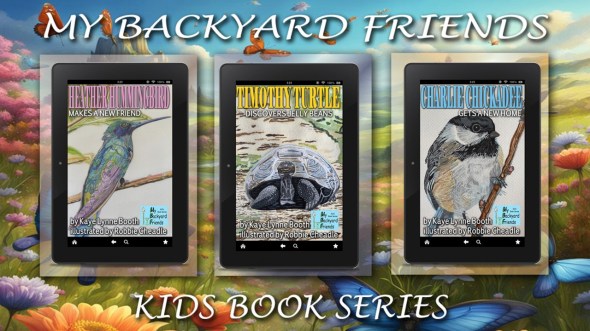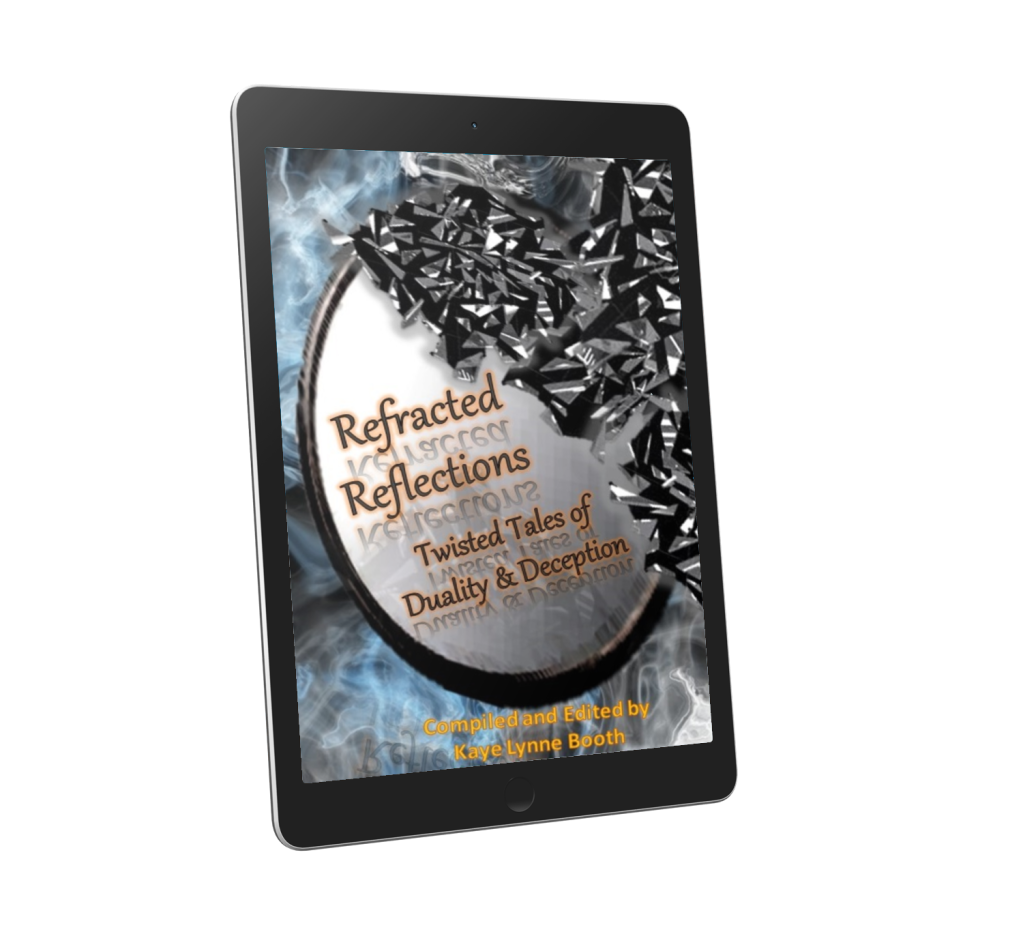Second Anglo Boer War propaganda poetry – the Boer side of things
Posted: June 15, 2020 Filed under: Historical Inspiration, Nonfiction, Poetry, Writing | Tags: Boer, Robbie Cheadle, Second Anglo Boer War, South Africa history, Writing to be Read 41 CommentsBackground
For those of you who do not know, a Boer is the Dutch and Afrikaans word for “farmer”.
Britain occupied the Cape in South Africa in 1795, ending the role of the Dutch East India Company in the region. After the British occupation, the infrastructure in the Cape Colony began to change as English replaced Dutch, the British pound sterling replaced the Dutch rix-dollar and a freehold system of landownership gradually replaced the existing Dutch tenant system.
Between 1835 and 1840, the Great Trek took place when approximately 12 000 Boers from the Cape Colony migrated into the South African interior to escape British control and to acquire cheap land.
Over time, the Boers achieved the independence of their two republics, the South African Republic (Transvaal) and the Orange Free State which shared borders with the British controlled Cape Colony.
When Sir Alfred Milner took over as Governor of the Cape Colony and High Commissioner for Southern Africa in May 1897, relations between Britain and the two Boer republics had been strained for some time. The Boers had already successfully defended the annexation of the Transvaal by the British during the first Anglo Boer War. Milner knew that an independent Transvaal stood in the way of Britain’s ambition to control all of Africa from the Cape to Cairo and that, with the discovery of gold in the Transvaal, the balance of power in South Africa had shifted from Cape Town to Johannesburg.
After the discovery of gold in the Transvaal, thousands of British and other gold seekers called Uitlanders, flocked to the Witwatersrand. The Boers considered that the Uitlanders threated the independence of their republic and refused to give them the vote. Milner used the Uitlander issue as a pretext to provoke the Boer government. The two republics declared war on the British Empire on 11 October 1899 and the second Anglo Boer War started.
Propaganda during the war
During the Second Anglo Boer War or South African War, there was a lot of propaganda on both sides. Propaganda is common in a war scenario. It is a significant tool used by government to get men sufficiently wound up against the enemy to shoot them without conscious.
As with all wars, some terrible things occurred during this war. One of the worst developments, in my opinion, were the concentration camps that Lord Kitchener created to incarcerate the families of fighting Boers. Approximately 48 000 people, a lot of whom were children, died in the concentration camps between September 1900 and May 1902.

Emily Hobhouse tells the story of the young Lizzie van Zyl who died in the Bloemfontein concentration camp: She was a frail, weak little child in desperate need of good care. Yet, because her mother was one of the “undesirables” due to the fact that her father neither surrendered nor betrayed his people, Lizzie was placed on the lowest rations and so perished with hunger that, after a month in the camp, she was transferred to the new small hospital. Here she was treated harshly. The English disposed doctor and his nurses did not understand her language and, as she could not speak English, labeled her an idiot although she was mentally fit and normal. One day she dejectedly started calling for her mother, when a Mrs Botha walked over to her to console her. She was just telling the child that she would soon see her mother again, when she was brusquely interrupted by one of the nurses who told her not to interfere with the child as she was a nuisance. Quote from Stemme uit die Verlede (“Voices from the Past”) – a collection of sworn statements by women who were detained in the concentration camps during the Second Boer War (1899-1902).
While I was doing the research for my new novel that tells the stories of three ghosts who all experienced different aspects of this war, I came across the following propaganda poem about the concentration camps.
The refugee camps (so called)
Lord Roberts he boasts that he stands at the head
Of all that is noble, and nice, and wellbred,
So we’ve got to believe it, it’s only his due,
He says so himself – so it’s bound to be true.
If against the “cowardly ignorant Boer”
In a barbarous manner he carries on war,
Why! What does it matter to me or to you,
He says so himself – so it’s bound to be true.
The Boer has deserted his children and wife
For the purpose of leading a pleasanter life
Yes, “Such are those people, unnatural crew!”
Lord Kitchener says – so it’s bound to be true.
If he harries weak women and children tender
It is not to induce the men to surrender,
Oh no! that’s a thing he never would do,
He says so himself – so it’s bound to be true.
If the women and orphans he drags away
In his pest-smitten camps are willing to stay
Let no one assert he the Innocents slew,
He says so himself – so it’s bound to be true.
If by thousands they die of disease and starvation
In those sweet health-resorts they call “concentration”
No matter! Those people deserved it too,
He says so himself – so it’s bound to be true.
Lord Kitchener persecutes woman and child
Because he was always exceedingly mild
And the more they objected the kinder he grew
He says so himself – so it’s bound to be true.
Oh! He is so gentle, the Mahdi’s head
He cut that off when his foe was dead;
In uncivilized warfare, that’s nothing new
He says so himself – so it’s bound to be true.
The wife gets a pass and may go away
To bring in the man; but the child must stay;
This, of course, Lord Kitchener never knew,
He says so himself – so it’s bound to be true.
But Thanks to our wives, for they do not care
Whatever the hardships they have to bear,
They willingly suffer their woeful plight
If their husbands stand firm for God and the right.
By her noble example the Burgher’s wife
Still gives him strength to continue the strife
And she cheers him on with all her might
To stand up firmly for God and the right.
O Africander! Be staunch and true
For that’s what your wife is expecting from you
You will help her to make the burden light
By standing firm for God and the right.
This poem is published in The War Reporter The Anglo-Boer War Through the eyes of the Burghers by J.E.H. Grobler
A Ghost and His Gold by Roberta Eaton Cheadle – Cover reveal

About Roberta Eaton Cheadle

I am an author who has recently branched into adult horror and supernatural writing and, in order to clearly differential my children’s books from my young adult and adult writing, these will be published under the name Roberta Eaton Cheadle. My first young adult supernatural novel, Through the Nethergate, has recently been published.
I also have two short paranormal stories in Whispers of the Past, a paranormal anthology edited by Kaye Lynne Booth.

Like this post? Let me know in the comments. You can be sure not to miss any of Writing to be Read’s great content by subscribe to e-mail or following on WordPress. If you found this content helpful or entertaining, please share.
Discover more from Writing to be Read
Subscribe to get the latest posts sent to your email.























[…] Continue reading here: https://kayelynnebooth.wordpress.com/2020/06/15/second-anglo-boer-war-propaganda-poetry-the-boer-sid… […]
LikeLiked by 1 person
Twenty years ago I was dipping into studies of the Boer Wars. The Brits, like everyone else on earth, are capable of astonishing hypocrisy. The wars were nasty, pitting conventional British strength against hit and run commando tactics of the Boers. Lots of historical lessons here. This is well done, Robbie.
LikeLiked by 3 people
Thank you, I am glad you enjoyed this post. This war was almost a civil war as there had already been a lot of intermarriage between the British and the Dutch people. A terrible tragedy. My book is aimed at delving into the emotion of the war and how the people on the ground who had always lived in South Africa felt about it, before, during and afterwards.
LikeLiked by 2 people
Great cover, Robbie! I didn’t know much about this war. So horrible how the children were treated and all the proganda that went with that.
LikeLiked by 3 people
Thank you, Denise. Like all wars, this one was a great tragedy, especially for the women and children. I have tried to make this a supernatural story and not all about the history although I have shared the lives of the three ghosts who lived through this war in different capacities.
LikeLiked by 4 people
I look forward to reading this.
LikeLiked by 2 people
From what I understand. it was the British who were the first to use concentration camps. So sad. Your cover is amazing! I look forward to reading this book.
LikeLiked by 4 people
Hi Darlene, yes, it was the British who first used concentration camps during this war. My book delves deeply into how they came about and the reader must make their own decision as to whether the British deliberately abused the women and children in order to force the men into supplication or whether it was a case on biting off more than they could chew, poor administration and lack of adherence to instructions.
LikeLiked by 3 people
What a sad story. It’s heartbreaking to learn about the brutality in the camps. Excellent research, Robbie.
LikeLiked by 2 people
Thank you, Diana. I studied this war at school but we never learned the details or any associated poetry. The focus was always on the Great Trek from the Cape Colony to the Orange Free State and the Transvaal. We studied that over and over again.
LikeLiked by 4 people
I am thoroughly ignorant of this war, Robbie, but your post brought the atrocities vividly to life. How wretchedly horrible. I’m sure the research must have been hard to stomach.
LikeLiked by 3 people
This war signaled the end of any gallantry in warfare. The Boers effectively resorted to terrorism and the British reacted by burning down all the farms of everyone, black and white, Boer and even English immigrant settlers. I have tried to express views through the characters and leave it to the reader to decide how they feel about both sides.
LikeLiked by 3 people
These Anglo Boer Wars were brushed over by my history teacher at school. I think concentration camps were mentioned but I’m not entirely sure that wasn’t something I found out later. I look forward to it.
LikeLiked by 3 people
Hi Danny, I think there is some embarrassment about what happened during this war. Of course, there was plenty of blame on both sides as you will see. If the British hadn’t introduced the burned earth policy, they war would probably still be on-going [wry smile].
LikeLiked by 3 people
A very poignant post Robbie that illustrates the hypocrisy that litters our history…after learning about the Boer wars when we lived in South Africa, you can imagine how popular I was when we covered the same topic in history class back in England and I pointed out the inaccuracies in the books we were using. Very few nations can claim to be blameless in the atrocities of the past and there are some who continue down that path today. Great background to the new book.Thanks Kaye Lynne for hosting.
LikeLiked by 3 people
Hi Sally, I have tried to balance the known facts about this war. The Boers misused the white flag and ignored the red cross flag in their warfare. They also resorted to what is effectively terrorism. The British were a big bully and squelched the Boers by burning all their houses and land and incarcerating their women and children. Really bad all around. It was all about the gold and Britain’s desire for imperialism, but the Boers also didn’t treat the British immigrants in their republics fairly. Two sides to the story and I have presented both as accurately as possible. There is, of course, also the African story…
LikeLiked by 3 people
You have Robbie but there are also discrepancies in the overall British colonial history, including in Canada and India where the East India Company was allowed to rule under the name of the crown with devastating results. There are always two sides to a story but as you have done they have to be presented in a balanced way. When we lived there, I met the grandmother of a school friend who was in her 70s in 1963 and remembered the second war very well and when she found out I was English she wouldn’t speak to me until I spoke in Afrikaans (not very well at that stage) but enough to thaw her attitude to me. It was my first real experience of being on the wrong side of history. Anyway an excellent post…x
LikeLiked by 3 people
Afrikaans people remember this war very well and there was always varying levels of animosity towards the English [from England] in the past. I remember this from my childhood. That has disappeared now but people still remember. My dad has Afrikaans descendants and he tells stories about the Irene Concentration Camp. He also tells inaccurate stories that are just not true and gets highly annoyed when I demystify him.
LikeLiked by 3 people
I am afraid that is universal… here stories are passed down through families and each generation adds their own twist… xxx
LikeLiked by 3 people
Thanks Sally, for visiting and commenting. I’m always pleased to see you here. 🙂
LikeLiked by 2 people
Thanks Kaye Lynne, enjoy the rest of the week. x
LikeLiked by 2 people
Thanks, Robbie, and Kaye Lynne. There aren’t any good wars, but some we hear more about than others, and of course, we all know who writes the official version of history, although, thankfully, there is a move to recover other voices. Thanks for sharing this, Robbie. We all look forward to your new book.
LikeLiked by 3 people
Hi Olga, thank you for your comment. I used a lot of sources to write this book. I took views and stories from as many diaries and personal accounts as possible to try and give a balanced view. It wasn’t that easy dissecting the history and trying to differential fact from other motivations like defending the decisions made at the time.
LikeLiked by 2 people
Thank you for visiting and commenting, Olga. It’s always a pleasure to feature one of Robbie’s posts. This particular post and the one for the other side, which she will share with us next Monday, are particularly delightful because they look not only at poetry, but at history as well. And a fair and balanced historical view is always welcomed in my book. 🙂
LikeLiked by 1 person
War is always shocking and concentration camps like these are just dreadful ..Man can be so cruel in the pursuit of perceived right. This is not a war I am that familiar with probably because our history books omitted much I look forward to reading your book 🙂
LikeLiked by 3 people
Hi Carol, it is a bit surprising they don’t cover this war in the English history syllabus. Queen Victoria die while this war was on-going. She sent the first chocolate gifts ever to the UK troops for Christmas 1899 which was during this war. I mention this in my book. I am delighted it interests you.
LikeLiked by 3 people
I thought it was me but just had a quick google and it looks like maybe it was skipped over. It sounds like some think there should be a rethink on what the syllabus should contain rather than a generic over view ..Yes it interests me very much, Robbie…
LikeLiked by 3 people
I had no idea the extent of the devastation and, if the photograph of Lizzie is any indication, the depravity of the Boer War. Why wasn’t this taught in any of the history courses I took?
LikeLiked by 3 people
I don’t think South African history features much in the USA. You have so much of your own history to learn.
LikeLiked by 3 people
True, but there is lot that has gone on outside our borders. 😉
LikeLiked by 2 people
Of course, I am realising how little I know about this history of China.
LikeLiked by 2 people
I know very little about the history of China either, just what I’ve managed to pick up in bits and pieces here and there.
LikeLiked by 2 people
Poor Lizzie and the many children like her. I never realised this had gone on.
LikeLiked by 1 person
Hi Stevie, oh yes, this was a terrible war for the women and children. So much suffering and death. 28 000 people died in the white concentration camps and c. 20 000 in the black concentration camps. The British split the refugees along those lines. The Africans were treated particularly badly and only received porridge and salt for their rations.
LikeLiked by 1 person
Wow, didn’t realise this.
LikeLiked by 2 people
I definitely want this book. I dropped history before it’s chronological syllabus (in the 1950s) reached the Victorian period. I knew that there was ‘a Boer War’ (not realising there were actually two!) And I had heard about the concentration camps. I had no idea what the issues were other than British colonists versus Dutch colonists. When I lived there, briefly, in the 1970s (in Durban) I became aware of the different attitudes of citizens who were descendants of British and Afrikaaner settlers. At that time the Afrikaaner descendants were in the majority in government and the NGK seemed to have a powefull influence over the culture, both wrt general morality and race relations. My impression was that those of British origin (the majority in Natal) were more liberal in their attitudes than were the Afrikaaners. I wish now that I had delved more into the history – although I might have got into deep water had I done so!
LikeLiked by 3 people
Hi Frank, I have lived in SA most of my life and, when I did the research for this book, which was extensive, I learned a lot that I didn’t know about relationships between the different people, white and black, and how the wars and colonialism influenced what happened here is SA. It is fascinating. Happy to send you an ARC copy in due course. It is still with the editor and will only be ready for publication in October.
LikeLiked by 1 person
I did know about the concentration camps, but that is still something that is not mentioned very often, that we invented them. How many people know much about the Boer Wars, it seems incredible to us now to contemplate taking control of a whole continent.
LikeLiked by 2 people
Yes, times change. I am listening to a book that starts in Ireland during the famine. So absolutely awful, Janet. So much bad stuff that happened in the past. I hope the future will be better but I’m not sure, especially now with Covid bringing so much economic havoc and poverty.
LikeLiked by 1 person
[…] my post entitled Second Anglo Boer War propaganda Poetry – the Boer side of things, I gave a brief overview of the circumstances that led to the Boers declaring war on the British […]
LikeLiked by 1 person
[…] my post entitled Second Anglo Boer War propaganda Poetry – the Boer side of things, I gave a brief overview of the circumstances that led to the Boers declaring war on the […]
LikeLiked by 1 person